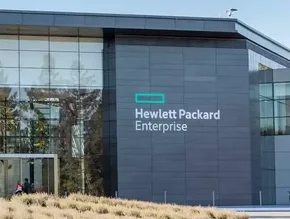Sidewalk Labs’ vision of technological urban infrastructure

Alphabet Inc. subsidiary Sidewalk Labs says it is “reimagining cities to improve quality of life”.
The company, which was established in 2015, has identified threats to cities ranging from climate change to higher rents, and proposes technological and design-oriented solutions.
The current coronavirus pandemic has caused issues for the company, with Sidewalk Labs blaming the pandemic for ending its signature Sidewalk Toronto urban development project, which was intended to focus on designing a neighbourhood with such issues in mind as sustainability, accessibility and inclusiveness..
Daniel L. Doctoroff, former deputy mayor of New York City and CEO of Sidewalk labs, said in a blog post: “While we won’t be pursuing this particular project, the current health emergency makes us feel even more strongly about the importance of reimagining cities for the future. I believe that the ideas we have developed over the last two-and-a-half years will represent a meaningful contribution to the work of tackling big urban problems, particularly in the areas of affordability and sustainability. This is a vital societal endeavor, and Sidewalk Labs will continue our work to contribute to it.”
SEE ALSO:
Recently, the independent Sidewalk Investment Partners (SIP) was spun off from the company, raising $400mn from Alphabet and the Ontario Teachers Pension Plan. On its website, the firm states its belief in using technologies such as autonomous vehicles and artificial intelligence to revolutionise infrastructure to the same extent as the steam engine. Accordingly, the firm will “own, acquire and invest” in technological infrastructure projects and the companies developing the underlying technologies.
SIP identifies five verticals ripe for technological destruction - mobility, energy, water and waste, digital infrastructure and social infrastructure, thanks to emerging technologies such as computer vision, automation, sensors, machine learning, distributed ledgers (i.e. blockchain), autonomous vehicles, cybersecurity and data analytics, all of which have various applications in the different verticals.
- ServiceNow's AI-driven low-code Creator Workflows App Engine
- Executive Q&A with Adil Mohammed, Founder & CEO of VirtuosoAI & Machine Learning
- Insights to automation - should businesses close the loop?Data & Data Analytics
- ShipMonk’s ecommerce scaling solutions raise $290mnDigital Transformation






